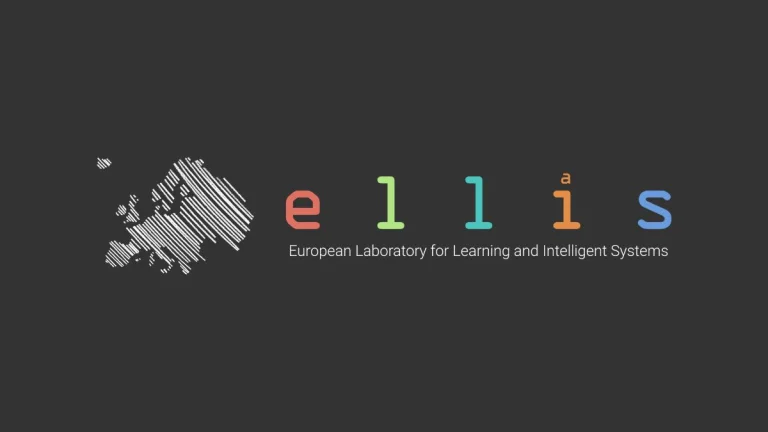



17 ELLIS units across 10 European countries and Israel established
VANCOUVER -- The European Laboratory for Learning and Intelligent systems is a pan-European effort initiated in 2018 to foster European research excellence in machine learning and related fields. It aims to offer European researchers outstanding opportunities to carry out their research in Europe, and to nurture the next generation of European young researchers in this field of strategic importance. Its goal is to enable Europe to be competitive in modern AI and benefit from positive economic and societal impact.
Today, ELLIS announces the establishment of the first 17 ELLIS units across 10 European countries and Israel. Built around outstanding AI researchers, the newly established research units are devoted to tackling fundamental challenges in AI with a focus on research excellence and societal impact. An open call resulted in 28 proposals from 13 countries, each of which committed local funding of at least 1.5 Mio € per year for at least five years, 20% thereof reserved for ELLIS network activities such as student and faculty exchanges and the organization of joint ELLIS research programs and workshops. Proposals from Alicante, Amsterdam, Copenhagen, Darmstadt, Delft, Freiburg, Helsinki, Linz, Lausanne, Leuven, Oxford, Prague, Saarbrücken, Tel Aviv, Tübingen, Vienna (IST Austria) and Zürich (ETH Zürich) were selected by an international evaluation committee, based on proven scientific excellence and the implementation of measures to foster the ELLIS mission. To avoid conflicts of interest, all the reviews were done by scientists of countries different from the units being evaluated. The list of directors of ELLIS units includes European researchers such as Wolfram Burgard, Sepp Hochreiter, Thomas Hofmann, Sami Kaski, Nuria Oliver, Bernhard Schölkopf, Yee Whye Teh, Luc van Gool and Max Welling.
The ELLIS network will continue to grow. Additional strong proposals from a variety of places (including the Italian Institute of Technology and Cambridge University) are still in the evaluation process. The presentation of all units in the first batch is planned to take place in Spring next year, and the next deadline for submitting ELLIS unit proposals will be March 1st, 2020.
The reviewed ELLIS units include more than 35 ERC grants among their faculty, 17 ACM/IEEE (and similar) fellowships, 15 memberships in National Science and Engineering Academies, and have co-funded or contributed to at least 36 startups. Together, the first approved ELLIS units are committing well above 200 Mio € of their own budget for the first 5 years. Their research topics include fundamental machine learning, computer vision, natural language processing, robotics, human-centric and trustworthy AI, and application areas such as environmental modeling, autonomous systems design, biology and health. They all focus on modern AI, which relies heavily on machine learning methods such as deep neural networks that allow computers to learn from data and experience. Machine learning recently made great progress in solving long-standing challenges in computer vision, speech recognition, natural language processing and machine translation. It is the driver of modern AI applications such as self-driving vehicles and advancements in medicine. ELLIS puts particular emphasis on advancing the foundations of machine learning to become more data-efficient, interpretable, robust and human-centric.
In addition to outstanding academic quality, diversity is a key focus in ELLIS. All units have committed to taking specific actions to ensure that the future of Artificial Intelligence is created by teams drawing from multiple perspectives in terms of area of expertise, seniority, gender and country of origin.
The establishment of the ELLIS units is the next step towards the realization of the ELLIS vision of an intergovernmental European AI program with multiple ELLIS institutes performing world-class multi-disciplinary research in machine learning and related areas.
The ELLIS announcement was made at the 2019 Conference on Neural Information Processing Systems (NeurIPS), the leading international conference on machine learning. NeurIPS attracts more than 10000 scientists, industry and government representatives to Vancouver. Terrence Sejnowski, president of the Neural Information Processing Systems Foundation, says that “major breakthroughs in AI in recent years were published at NeurIPS, often by European scientists. ELLIS has made great strides since it was first announced at NeurIPS last year, and the new network of ELLIS research units will further help catalyze European AI research and business.”
Geoffrey Hinton, Turing Award winner, Emeritus Professor of Computer Science at the University of Toronto, an engineering Fellow at Google and one of the leading scientists in AI, says: "Deep learning is at the core of the staggering progress we are witnessing in AI today. Companies such as Google, Facebook, Amazon, Apple and Microsoft are investing billions in developing this technology. If Europe wants to keep up with North America and China, it needs to focus its major AI investments on deep learning."
Yoshua Bengio, Turing Award winner, scientific director and founder of Mila, co-director of the program in Learning in Machines & Brains of the Canadian Institute for Advanced Studies (CIFAR) and co-founder of Element AI, emphasizes that AI is as much about excellent research as it is about dialogue with and embedding into society. “We need a constructive discussion about ethical uses of AI, and a necessary prerequisite of this is that the highest level of AI research is done in open societies with humanist values such as those of Canada and the European countries. We have already signed a letter of intent to collaborate with the scientists driving this exciting new European initiative, and look forward to jointly promoting open AI research at the highest quality level.”
A number of European companies have already stated their support of this initiative, including Audi, AVL, Bayer, Bosch, DeepMind, Greiner, Porsche, Siemens as well as US companies such as Amazon, Facebook, Google, NVIDIA, Qualcomm and the Canadian startup Element AI.
About the European Laboratory for Learning and Intelligent Systems (ELLIS):
Established on December 6th 2018 during NeurIPS 2018, the European Laboratory for Learning and Intelligent Systems (ELLIS) is a pan-European scientific organization which focuses on research and the advancement of modern AI, which relies heavily on machine learning methods such as deep neural networks that allow computers to learn from data and experience.
Earlier this year in March 2019, ELLIS established 11 research programs spanning a broad set of areas within modern AI, involving over 100 European researchers.
For more on ELLIS visit https://ellis.eu/
#SupportingEllis
Twitter: @ELLISforEurope
From left to right: Turing award winner Yoshua Bengio, Bernhard Schoelkopf, Nuria Olivier, Matthias Bethge, Max Welling, Sami Kaski, Sepp Hochreiter and Turing award winner Yann LeCun.
Europe's top machine learning scientists gathered at NeurIPS in Vancouver to hold a press conference on the establishment of 17 Ellis units across ten European countries and Israel. Built around outstanding AI researchers, the newly established research units are devoted to tackling fundamental challenges in AI with a focus on research excellence and societal impact. Here's a group shot early morning when not only the sun but also a new era arises.
Turing award winners Yoshua Bengio and Yann LeCun with Bernhard Schölkopf (middle).
